Seasoned PC DIYers have always had to wear dexterity-stifling gloves or put up with pricked fingers when upgrading a motherboard or putting together a new PC build – until now. MSI showcased a series of motherboard design tweaks at Computex 2025, including a feature dubbed ‘PinSafe Design’ which enables users to “avoid injury caused by sharp pins during the assembly process.”
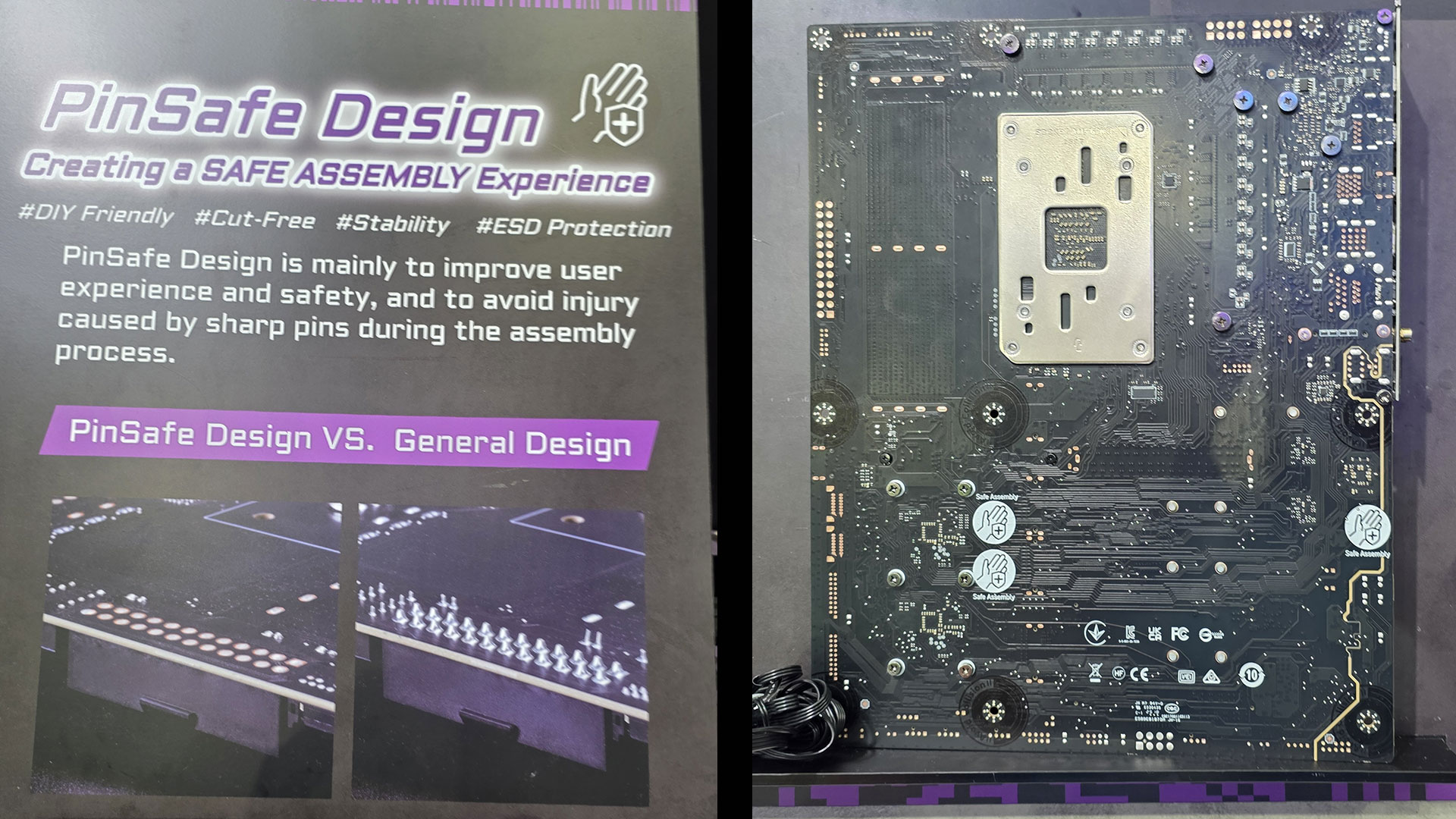
The concept here isn’t difficult to grasp, unlike a traditional prickly motherboard. MSI’s mobo manufacturing arm appears to be adopting a far tidier component soldering technique, which results in elegantly flat pads on the reverse of the PCB, rather than forests of spikes.
Admittedly, this isn’t the greatest of technological achievements, Nevertheless, there might have been some component strength, reliability, or stability concerns preventing such a manufacturing change. So we have a baby step here, which should be welcomed as long as the finished product doesn’t suffer in any way compared to a traditional design.
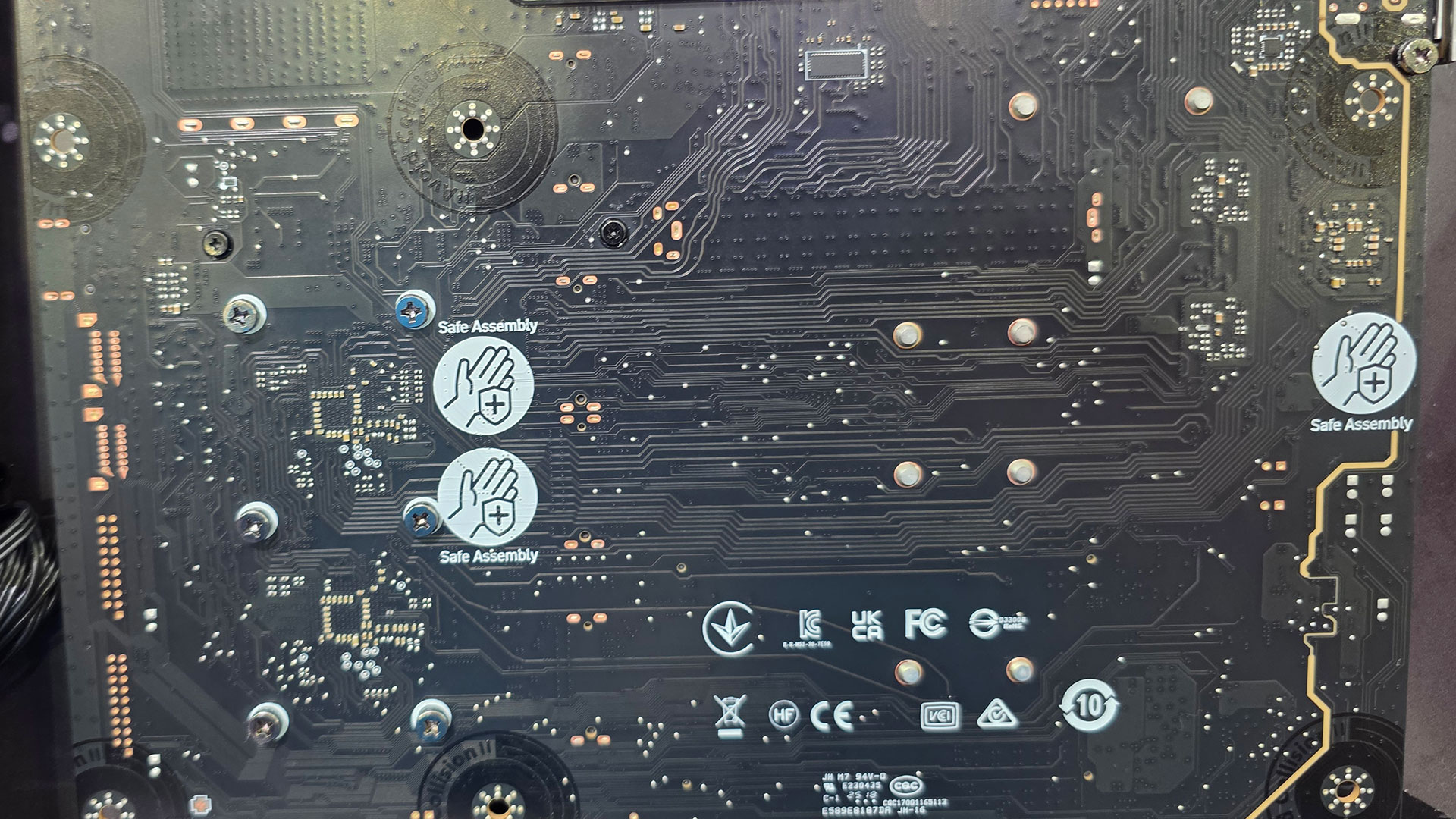
Other touted PinSafe Design benefits
Saving your fingers from pricks and lacerations isn’t the only benefit of PinSafe Design, according to MSI. Likely the result of fevered brainstorming, threaded with some thin strands of truth, MSI says that the PinSafe Design boosts system stability and ESD protection. We think the lack of protruding pins might also give foreign objects less chance of getting caught or jammed between contacts, reducing the potential to create shorts.
MSI's first MPOWER motherboard for AMD processors
The above PinSafe Design looks set to debut on MSI MPOWER series motherboards, designed for enthusiasts and overclockers. MSI is preparing new MPOWER boards, and the B850MPOWER sample we saw was actually the first AMD-based motherboard from MSI to use this set of features.
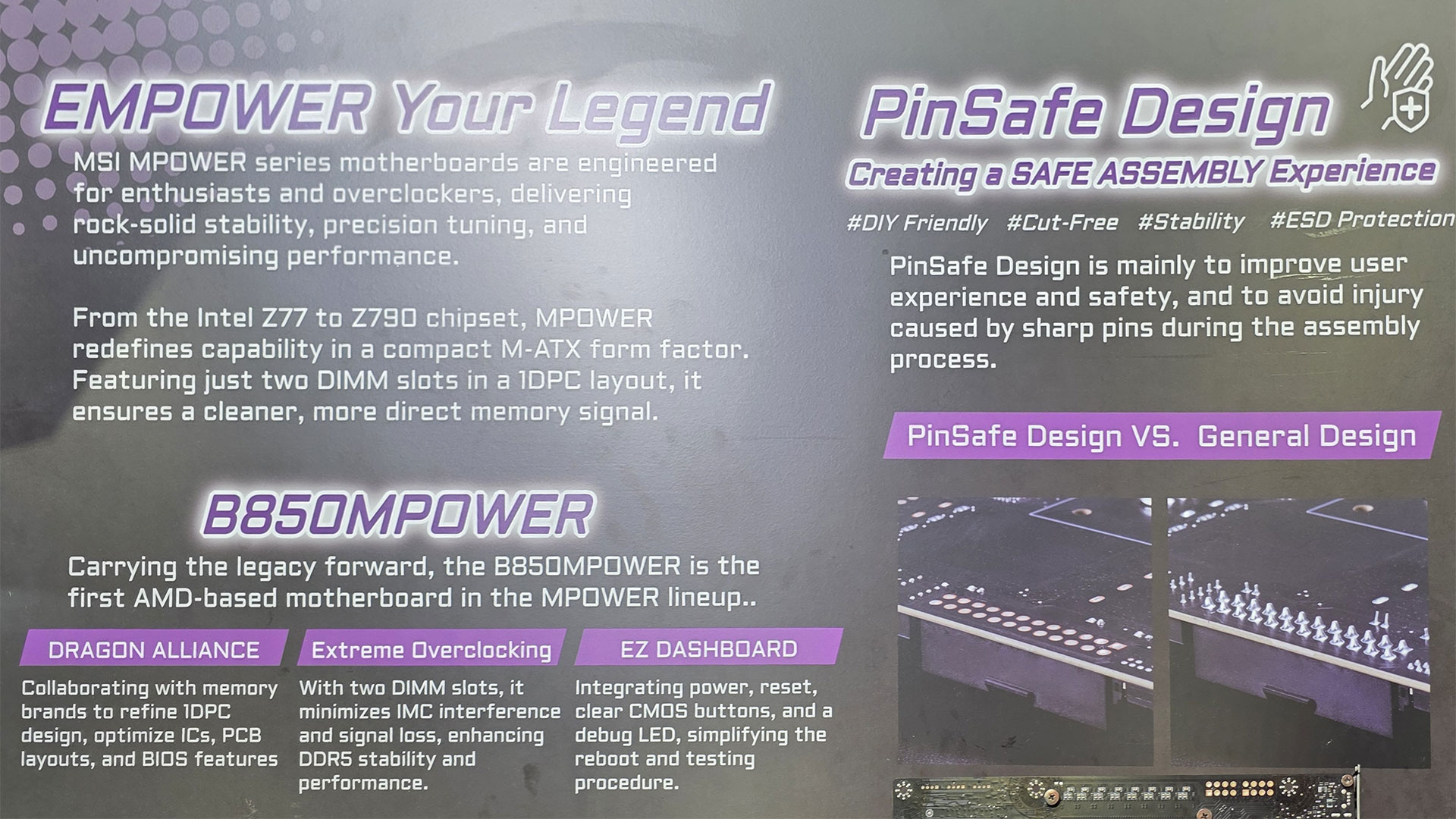
Standard MPOWER features include; leveraging the Dragon Alliance collaboration with memory brands, using only 2x DIMM slots for reliable DDR5 overclocking, and the equipping of the EZ Dashboard which integrates power, reset, clear CMOS, and a debug LED on the board for simpler troubleshooting.
Follow Tom's Hardware on Google News to get our up-to-date news, analysis, and reviews in your feeds. Make sure to click the Follow button.

 6 months ago
157
6 months ago
157
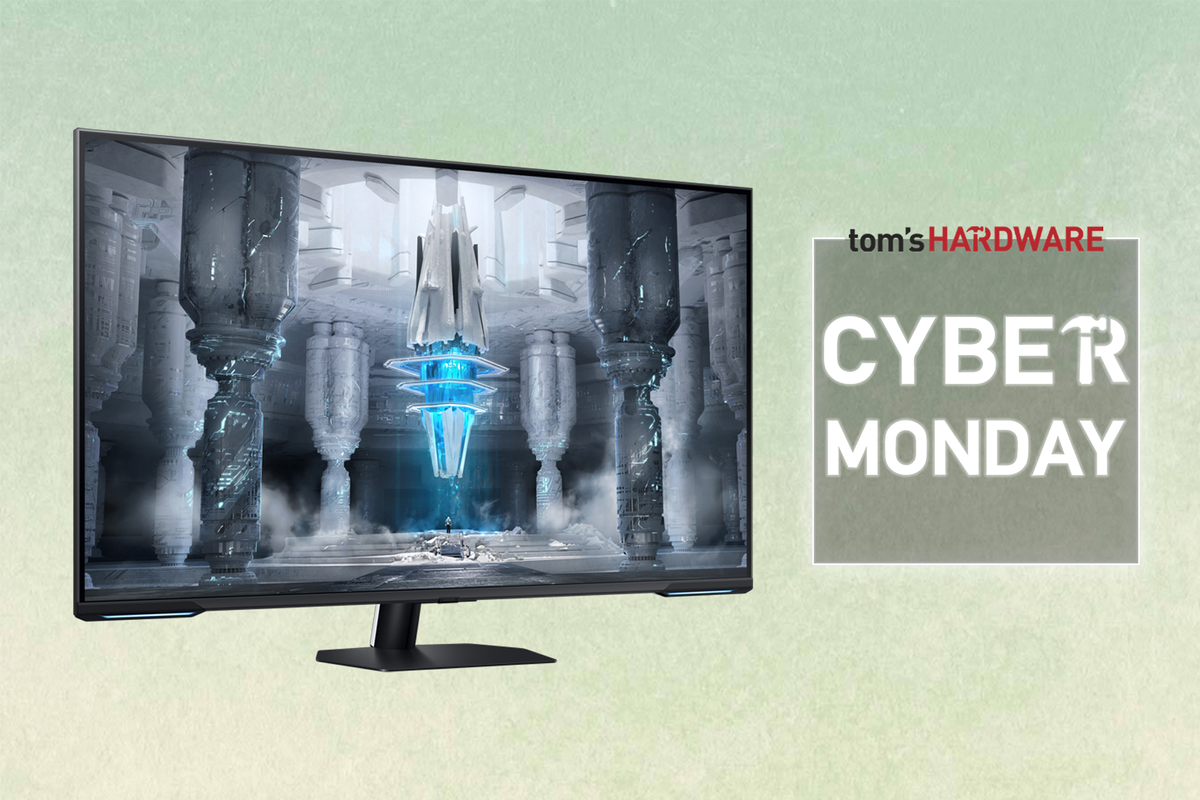
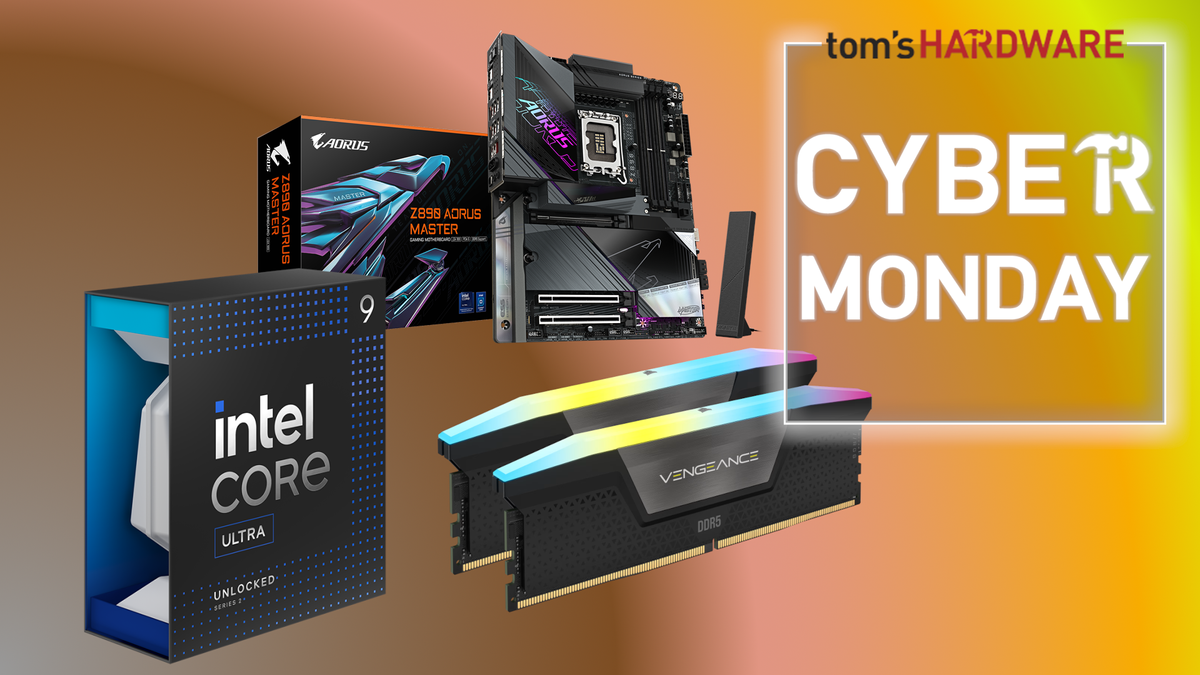





 English (US) ·
English (US) ·